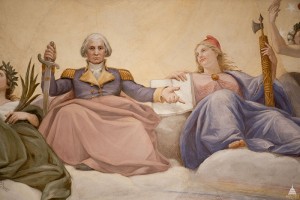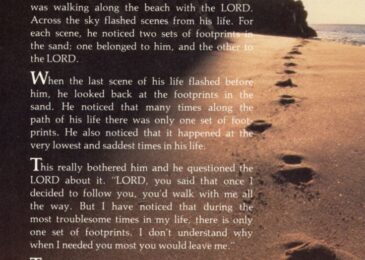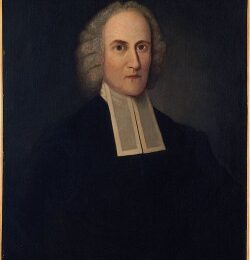Christianity and the American Founding: Bad Religion?
A friend who recently read my 2011 biography of Patrick Henry asked me (to paraphrase him), “Did any of the Founders argue that America needed the Christian religion, not because of its social effects, but because Americans needed salvation?” He raises a good point: for all of our arguments about religion’s role in the American Founding, we may not have considered the possibility that the Christianity of the American Founding could have produced watered-down “bad religion.”
I was reminded of th..





